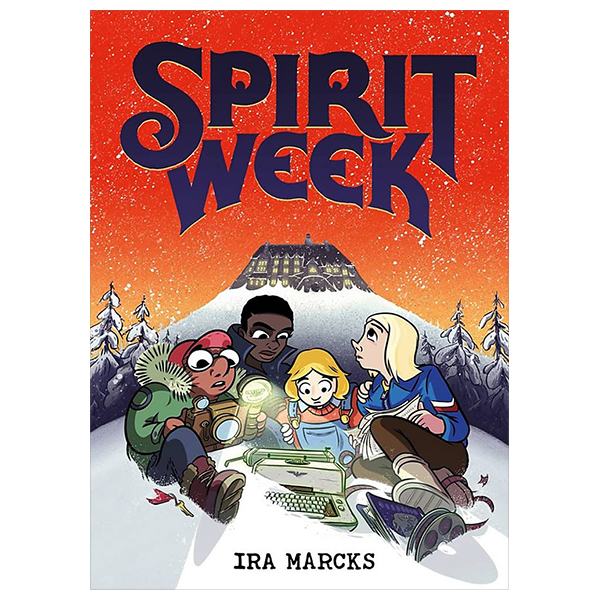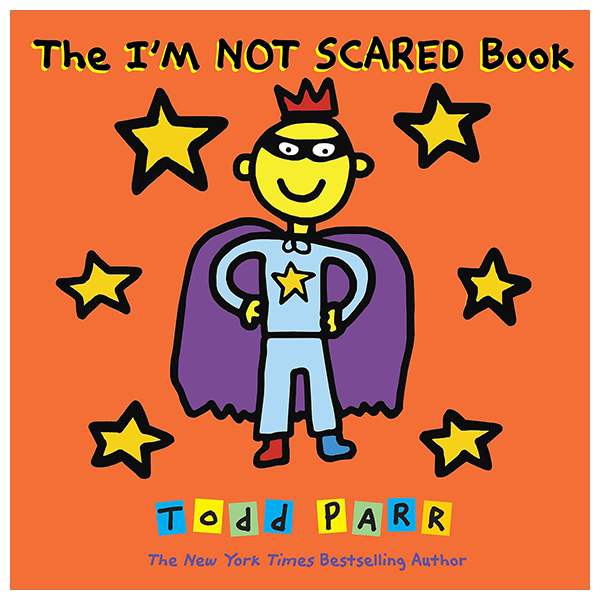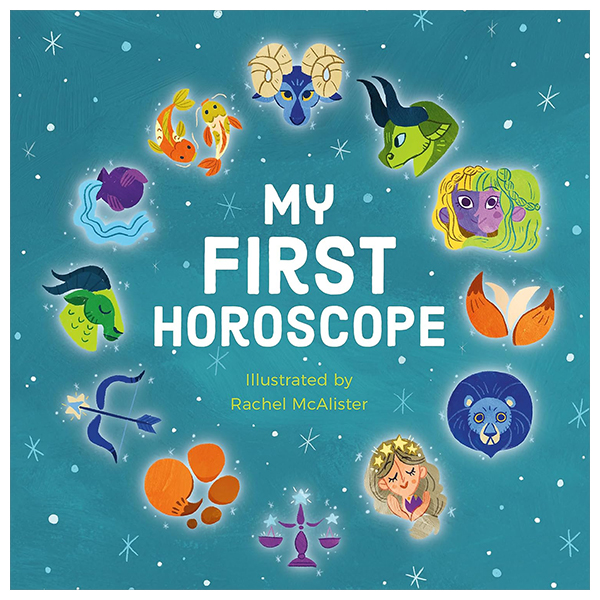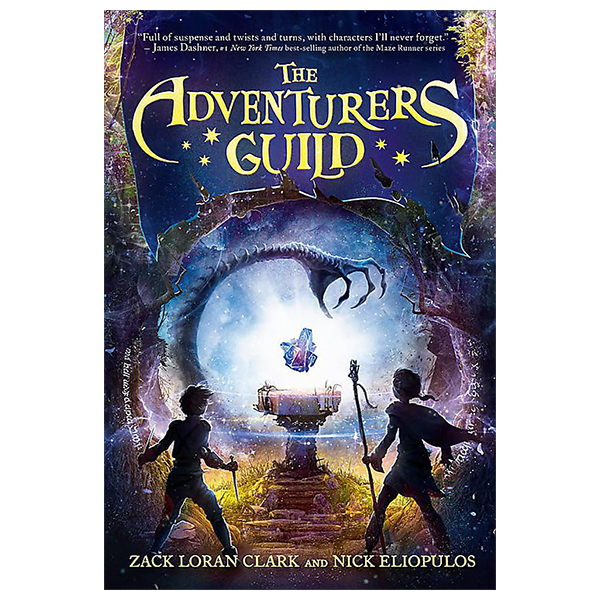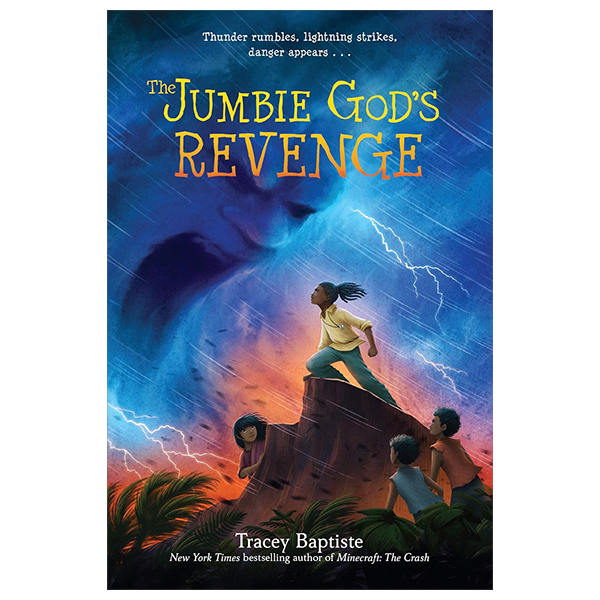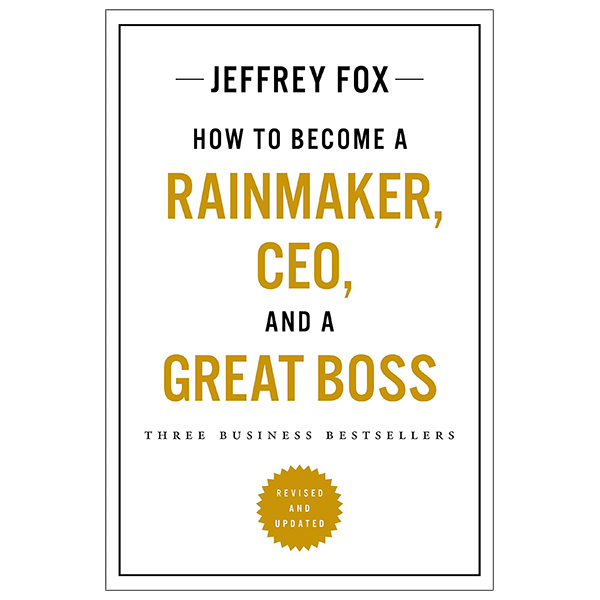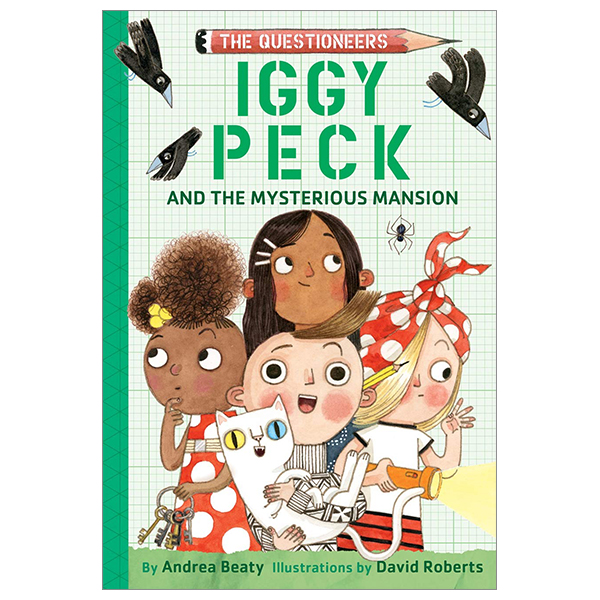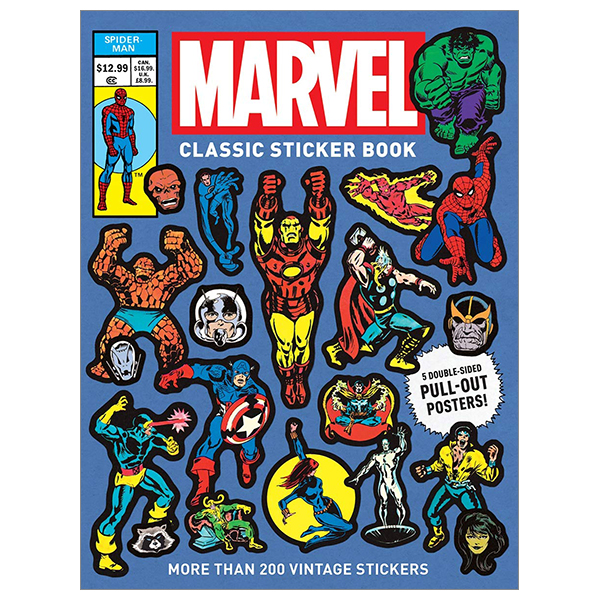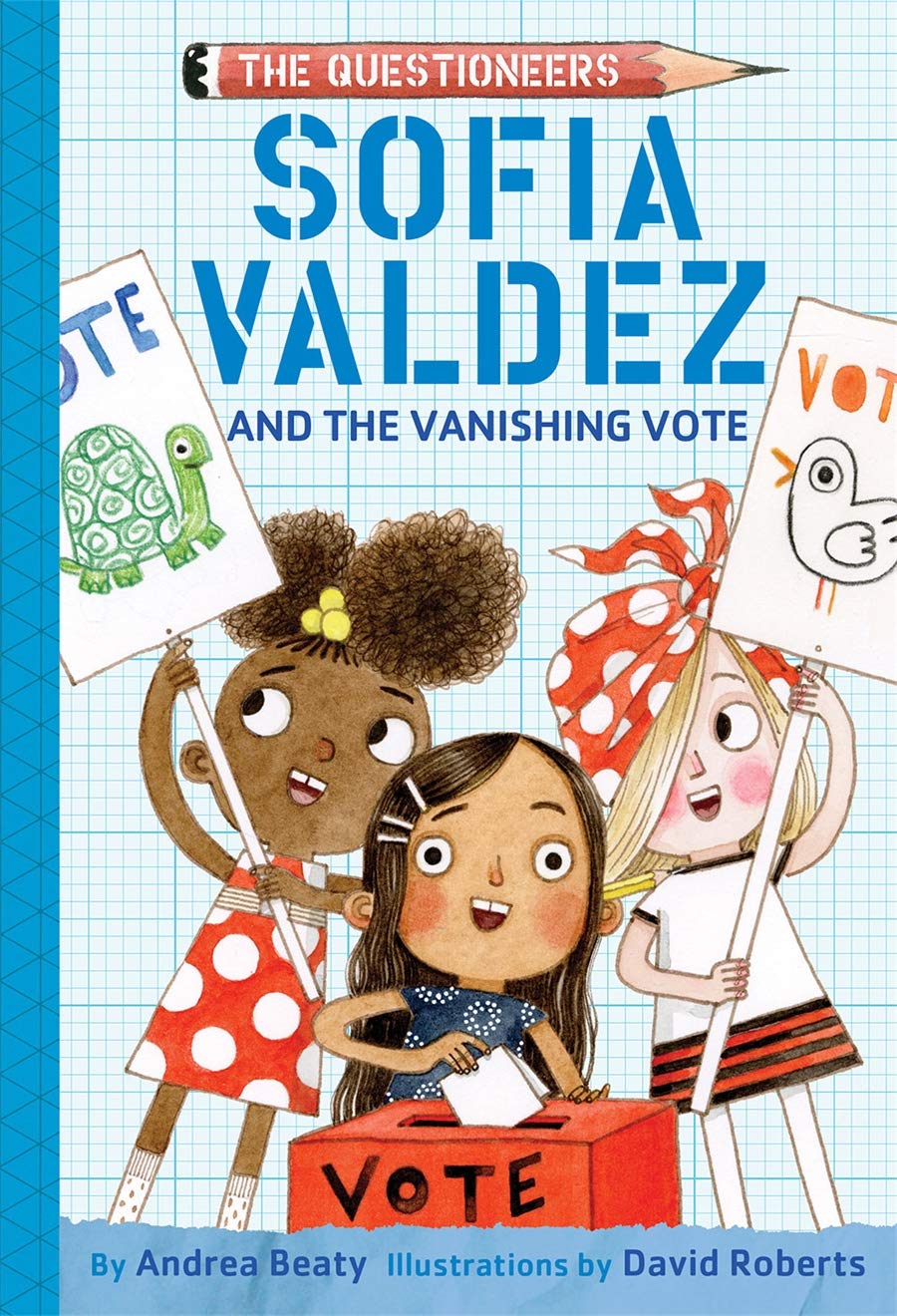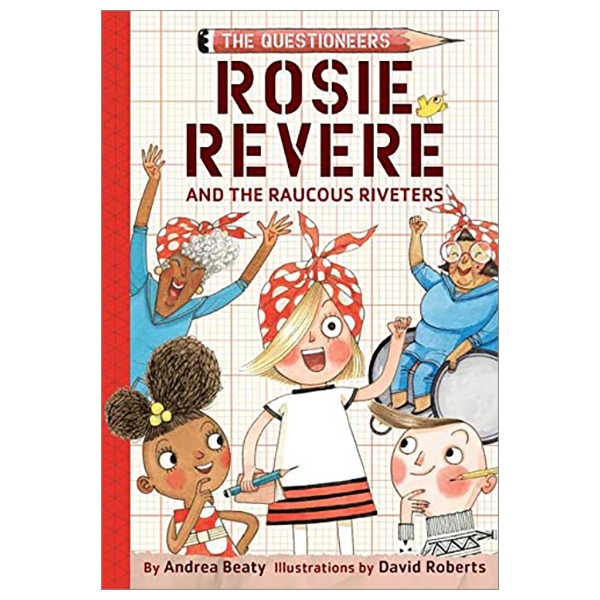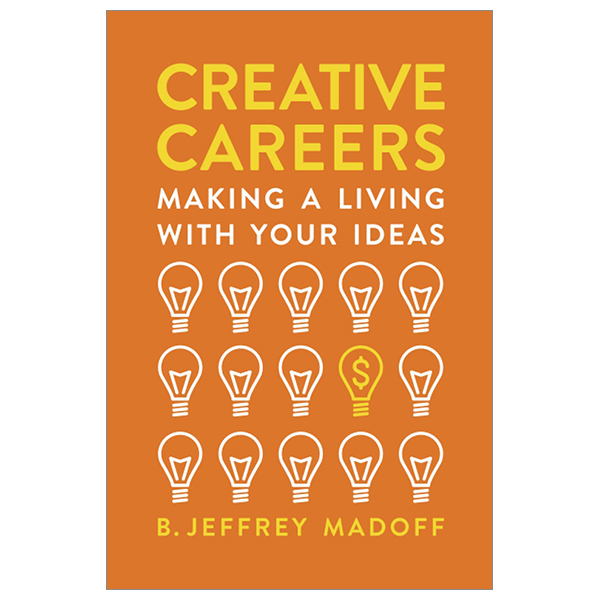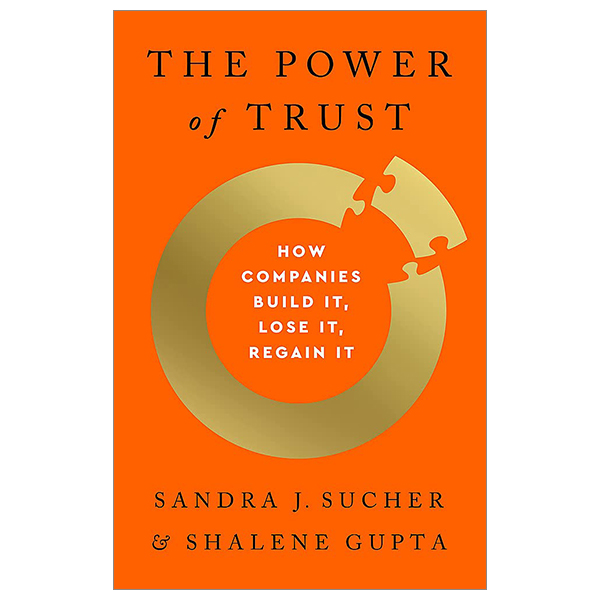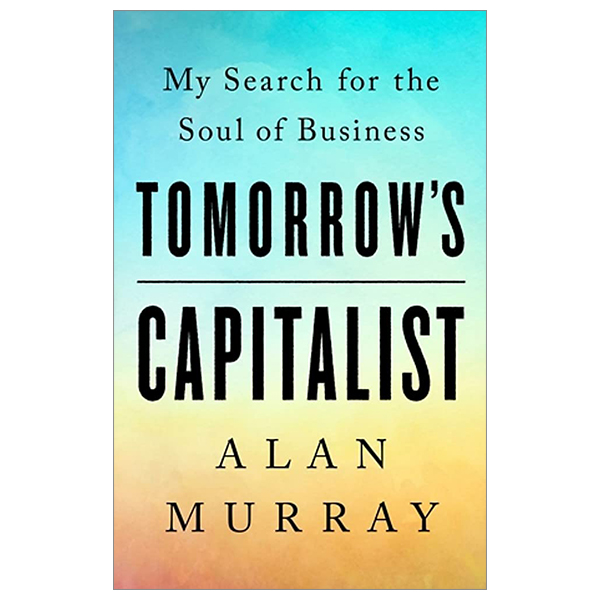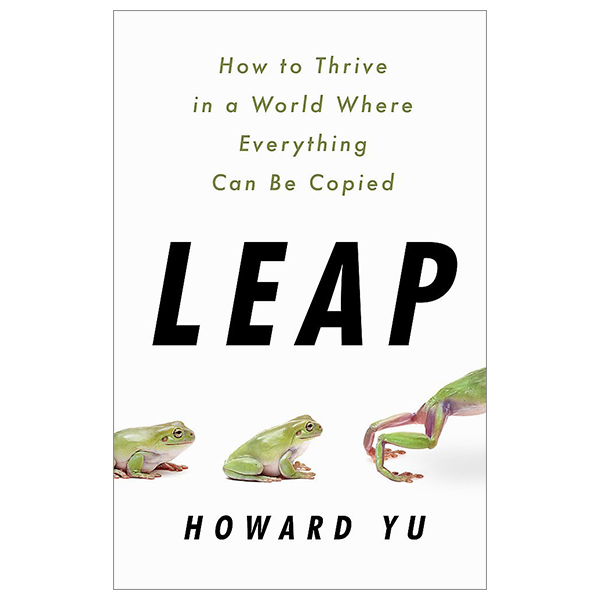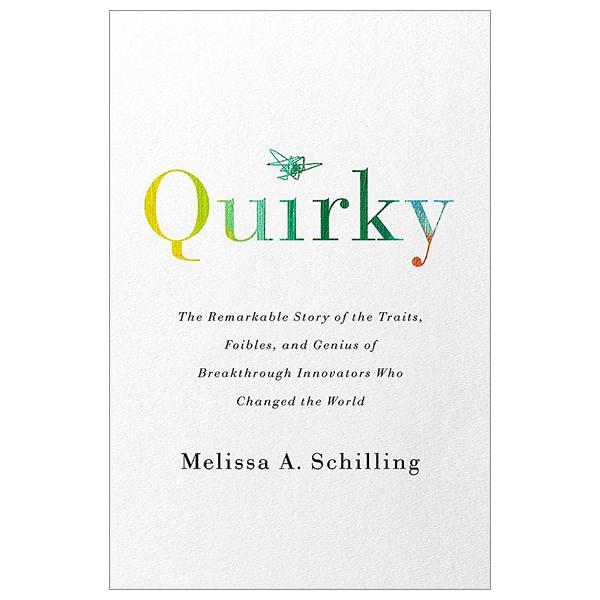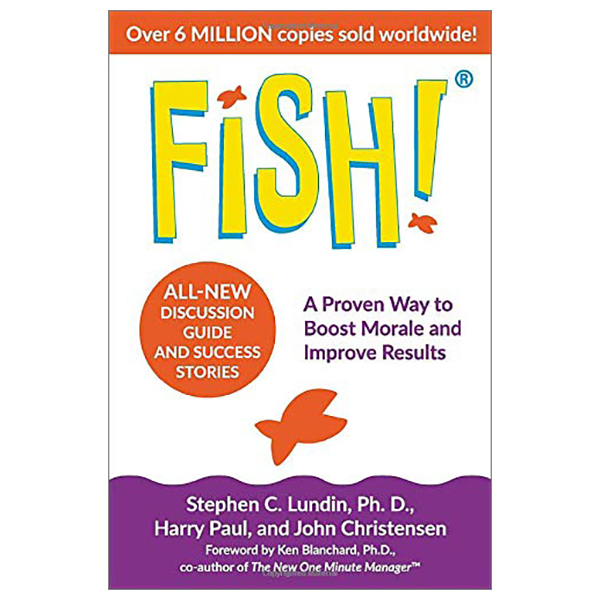The Hawthorne Legacy (The Inheritance Games, 2)
OVER 2 MILLION COPIES SOLD OF THE 1 BESTSELLING SERIES!
Intrigue, riches, and romance abound in this thrilling sequel to the beloved bestselling The Inheritance Games
The Inheritance Games ended with a bombshell, and now heiress Avery Grambs has to pick up the pieces and find the man who might hold the answers to all of her questions—including why Tobias Hawthorne left his entire fortune to Avery, a virtual stranger, rather than to his own daughters or grandsons.
Thanks to a DNA test, Avery knows she’s not a Hawthorne by blood, but clues pile up hinting at a deeper connection to the family than she had ever imagined. As the mystery grows and the plot thickens, Grayson and Jameson, two of the enigmatic and magnetic Hawthorne grandsons, continue to pull Avery in different directions. And there are threats lurking around every corner, as adversaries emerge who will stop at nothing to see Avery out of the picture—by any means necessary.
With nonstop action, aspirational jet-setting, Knives Out-like family intrigue, swoonworthy romance, and billions of dollars hanging in the balance, The Hawthorne Legacy will thrill Jennifer Lynn Barnes fans and new readers alike.



